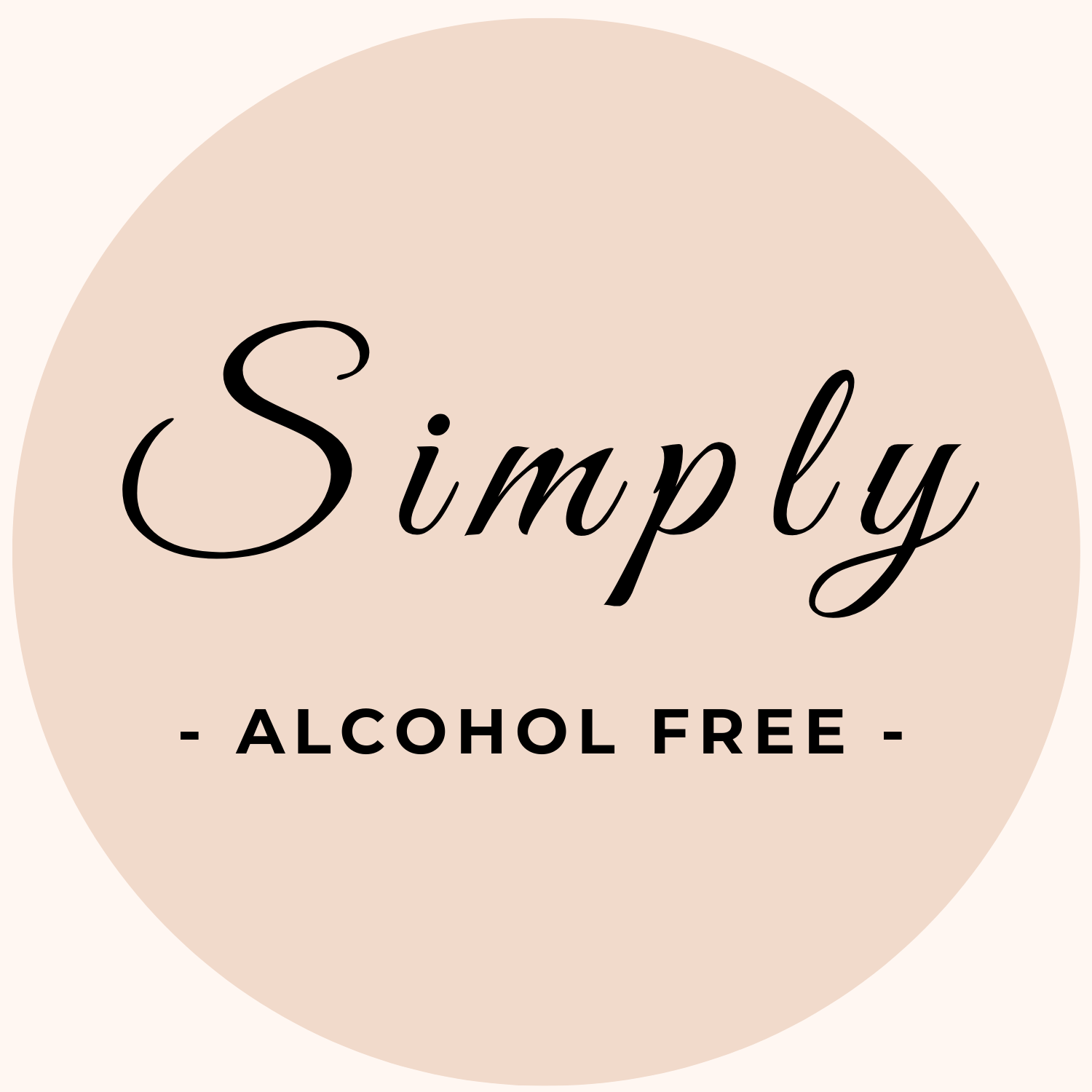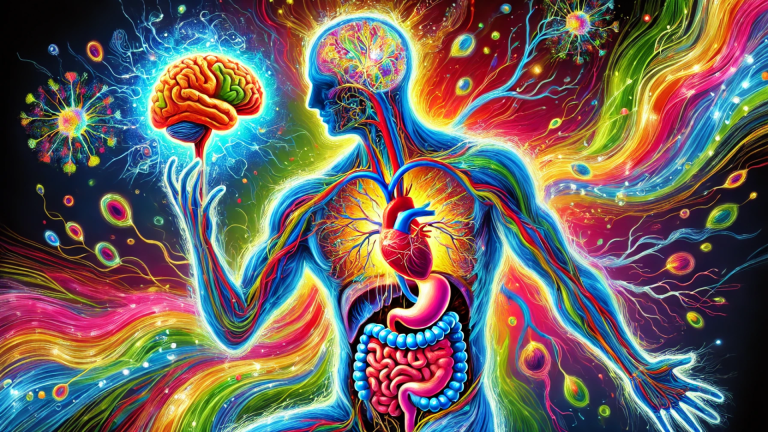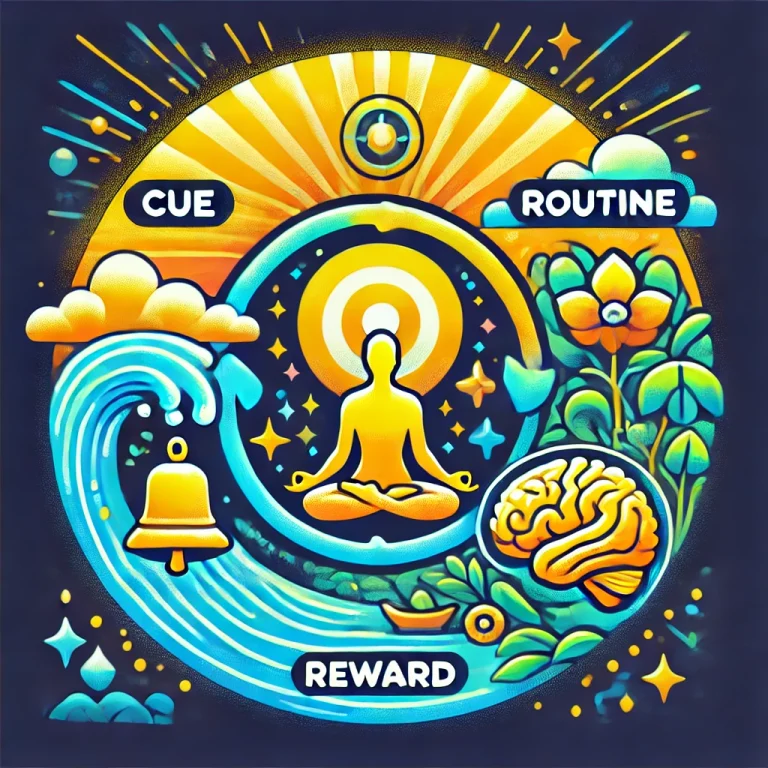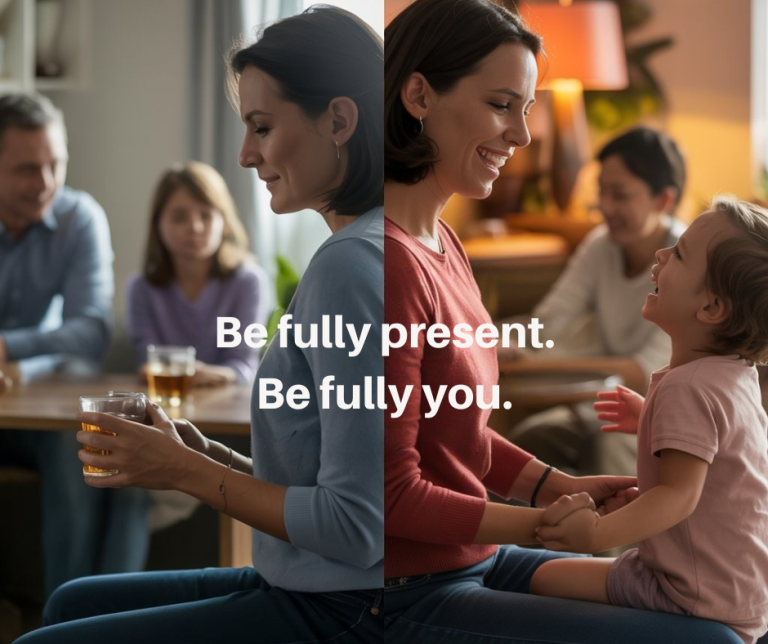Choosing to live alcohol-free is much more than quitting a habit—it is an invitation to come home to yourself. But going alcohol-free will often stir up old memories: the nights you wish you could rewrite, the words you can’t believe you said, the promises you didn’t keep.
If you’re holding your breath under the weight of the past, this is your reminder: part of the alcohol-free journey includes forgiving yourself. Not because the past didn’t matter, but because you do.
Facing the Past with Honesty
Forgiveness isn’t a single switch—it takes practice.
Start by telling yourself the truth gently. Write down what happened, just the facts, without labeling yourself as “bad.” Shame says, “I am the mistake.” Accountability says, “I made a mistake, and I’m learning.” That small shift creates space to grow.
Adopting a growth mindset can also help. See every experience as a lesson, not a failure. Each misstep becomes an opportunity to understand yourself more deeply.
Extending Compassion to Yourself
Next, treat yourself with the same compassion you would offer a dear friend.
Imagine someone you love confessing your story: would you condemn them forever, or acknowledge their pain and humanity? Try speaking to yourself in the same way: “I did the best I could with the tools I had. Today, I’m choosing better tools.”
Making Amends Where Possible
Make amends where it feels right, safe, and possible with the people you may have hurt in the past. A heartfelt apology can be a powerful part of healing, but remember: it’s not something you owe to anyone. Focus on your action, not their response. The act of saying “I’m sorry” can help you release guilt, even if the outcome is out of your hands.
Creating Rituals for Renewal
Personal rituals can help you mark this new chapter.
- Write a letter to your past self, thanking them for surviving and for the lessons learned.
- Write down regrets, negative self-talk, or lingering guilt on slips of paper, then shred, bury, or burn them as a symbolic release.
- Keep a jar of “wins”—drop in a note each time you resist a craving or choose self-care over old habits. Over time, it becomes a visible archive of your growth.
Practicing Self-Care
Self-care sustains forgiveness.
- Sleep at regular times and eat balanced meals.
- Move your body every day, even if it’s just a walk in fresh air.
- Drink plenty of water—you’ll be surprised how much this affects your mood and clarity.
- Rediscover joy: music, nature, laughter with friends.
Consider journaling your thoughts and feelings, not just once a day but in the moment as they arise. Writing things down helps you process instead of suppress.
Setting Boundaries
Protect your energy by creating boundaries. Spend time with people and in places that support your alcohol-free life. It’s okay to arrive late, leave early, or suggest coffee instead of cocktails.
Also, pay attention to your language. Replace “I can’t drink” with “I don’t drink.” That subtle shift reinforces your power and choice.
Celebrating Wins (and Learning from Stumbles)
Celebrate every tiny win, however small. Each craving resisted, each honest conversation, each restful night—they all matter. Evidence of change builds confidence over time.
And if setbacks happen? Remember: a stumble is not your destiny. It’s data, not failure. Ask yourself: What triggered me? What support do I need? What boundary can I set? Then reset, refocus, and take the next right step.
From Compost to Growth
Finally, forgiveness is not forgetting—it’s transforming. Your past can become compost: rich material that nourishes who you are becoming. You’re not erasing chapters; you’re writing new ones with clearer eyes and steadier hands.
Today, choose to be gentle with yourself. You are allowed to be both a work in progress and a work of art.







